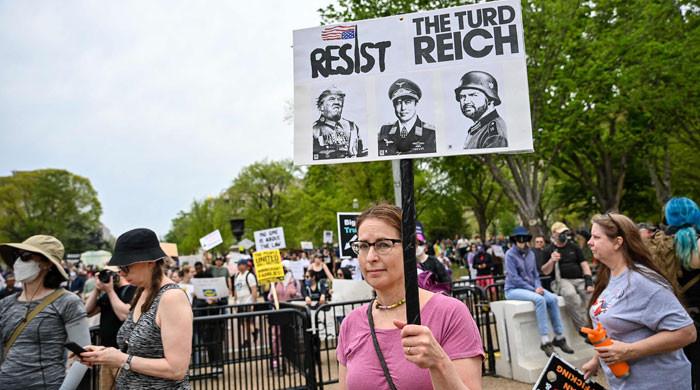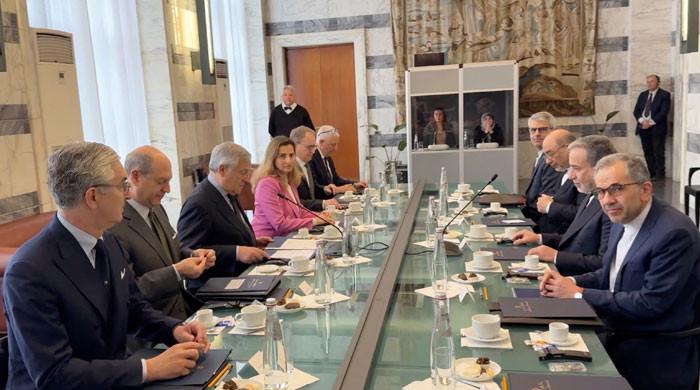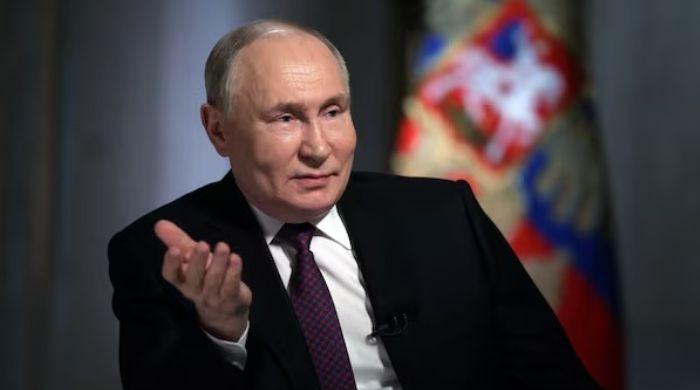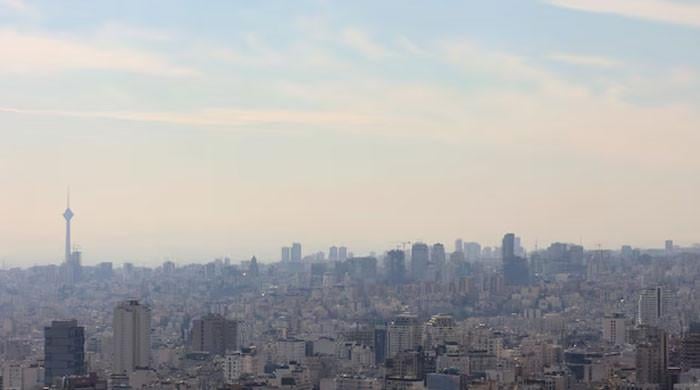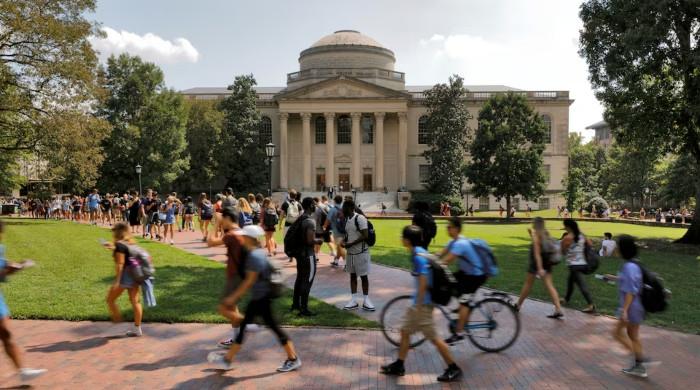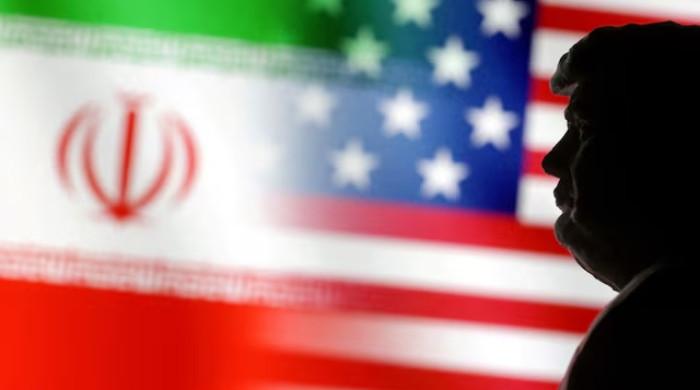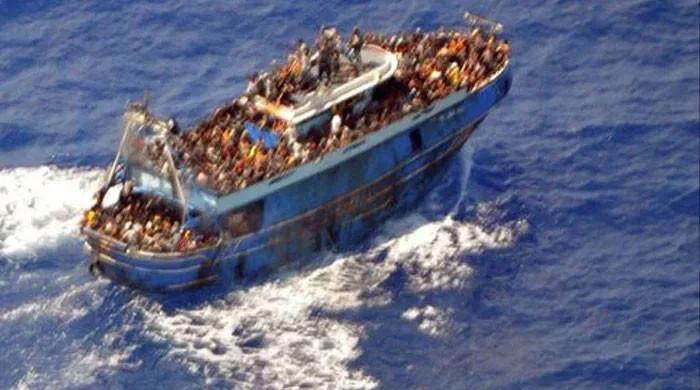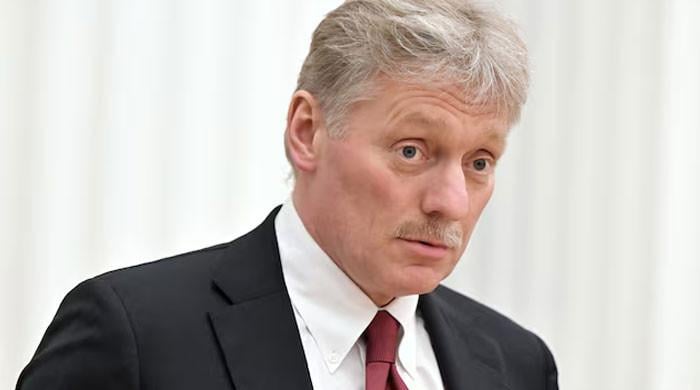Taliban detain veteran commander Ismail Khan after seizing Herat
Britain's Defence Secretary Ben Wallace says Afghanistan is spiralling into a failed state and civil war
August 13, 2021
- Taliban wrest control of Afghanistan's second and third-largest cities.
- Taliban victories trigger fear US-backed Afghan govt could fall to the group.
- The UN World Food Programme sees food shortages in Afghanistan as "quite dire" and worsening.
In a massive blow to anti-Taliban forces, the insurgents detained veteran commander Mohammad Ismail Khan after they seized Herat, a provincial official said Friday, adding that they had promised not to harm him and other captured officials.
A Taliban spokesman confirmed that Khan, who had been leading fighters against the Taliban in recent weeks, was in their custody.
Khan is one of Afghanistan's most prominent warlords. Known as the Lion of Herat, he battled Soviet occupiers in the 1980s and was a key member of the Northern Alliance whose US-backed forces toppled the Taliban in 2001.
Taliban spokesman Zabihullah Mujahid confirmed that Khan had been detained.
The development came shortly after news broke that the insurgents seized the country's second-largest city of Kandahar and third-largest city Herat Friday, after days of intense battle.
The capture of the second-biggest city of Kandahar in the south and Herat in the west after days of clashes are a devastating setback for the government as the deadly Taliban insurgency turns into a rout of the security forces.
"The city looks like a front line, a ghost town," provincial council member Ghulam Habib Hashimi said by telephone from Herat, a city of about 600,000 people near the border with Iran.
"Families have either left or are hiding in their homes."
Referring to the southern economic hub of Kandahar, a government official told Reuters: "Following heavy clashes late last night, the Taliban took control."
The defeats have fuelled fears the US-backed government could fall to the insurgents as international forces complete their withdrawal after 20 years of war.
A US defence official cited US intelligence as saying this week that the Taliban could take Kabul within 90 days.
The UN World Food Programme sees food shortages in Afghanistan as "quite dire" and worsening, a spokesperson said, adding the situation had all the hallmarks of a humanitarian catastrophe.
Of Afghanistan's major cities, the government still holds Mazar-i-Sharif in the north and Jalalabad, near the Pakistani border in the east, in addition to Kabul.
Western countries scramble to evacuate embassy staff
In response to the Taliban advances the Pentagon said it would send about 3,000 extra troops within 48 hours to help evacuate US embassy staff.
Britain said it would deploy about 600 troops to help its citizens leave while other embassies and aid groups said they too were getting their people out.
Canada would also deploy special forces troops to Kabul to help in the evacuation of embassy staff, the AP reported.
The United Nations has warned that a Taliban offensive reaching the capital would have a "catastrophic impact on civilians" but there is little hope for negotiations to end the fighting with the Taliban apparently set on a military victory.
The Taliban also captured the towns of Lashkar Gah in the south and Qala-e-Naw in the northwest, security officers said. Firuz Koh, capital of central Ghor province, was handed over without a fight, officials said.
The Taliban, fighting to defeat the government and impose their rule, have taken control of 14 of Afghanistan's 34 provincial capitals since August 6.
Heavy blow
The speed of the offensive, as US-led foreign forces prepare to complete their withdrawal by the end of this month, has sparked recriminations over President Joe Biden's decision to withdraw US troops, 20 years after they ousted the Taliban in the wake of the September 11 attacks on the United States.
Biden said this week he did not regret his decision, noting Washington has spent more than $1 trillion in America's longest war and lost thousands of troops.
The US State Department said Secretary of State Antony Blinken and Defense Secretary Lloyd Austin spoke to President Ashraf Ghani on Thursday and told him the United States "remains invested in the security and stability of Afghanistan". They also said the US was committed to supporting a political solution.
US Senate Republican leader Mitch McConnell said the exit strategy was sending the United States "hurtling toward an even worse sequel to the humiliating fall of Saigon in 1975," urging Biden to commit to providing more support to Afghan forces.
"Without it, the al Qaeda and the Taliban may celebrate the 20th anniversary of the September 11 attacks by burning down our Embassy in Kabul."
Britain's Defence Secretary Ben Wallace said Afghanistan was spiralling into a failed state and civil war in which groups such as al Qaeda would thrive and likely pose a threat to the West again.
In the deal struck with former US President Donald Trump's administration last year, the Taliban agreed not to attack US-led foreign forces as they withdrew.
They also made a commitment to discuss peace but intermittent meetings with government representatives have gone nowhere. International envoys to Afghan negotiations in Qatar have called for an accelerated peace process as a "matter of great urgency" and for a halt to attacks on cities.




